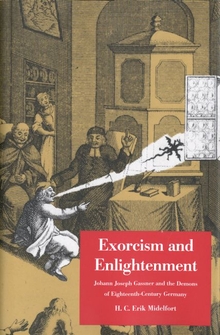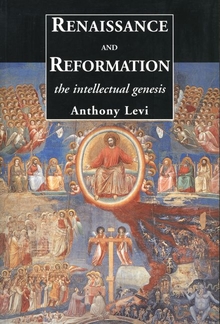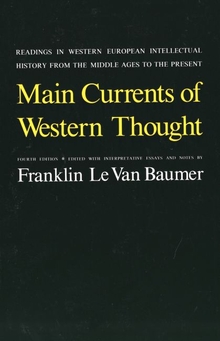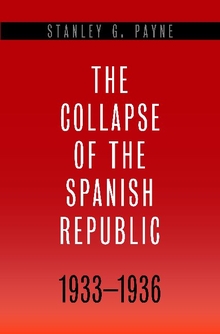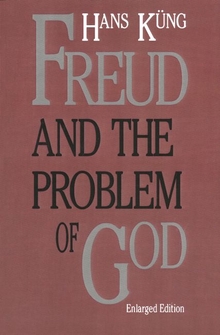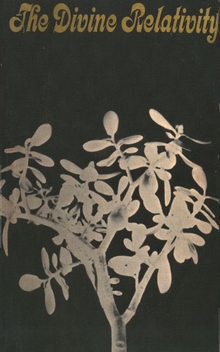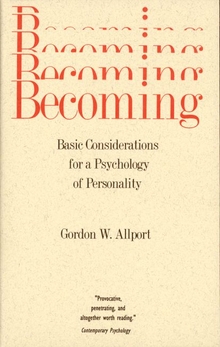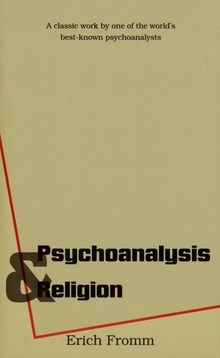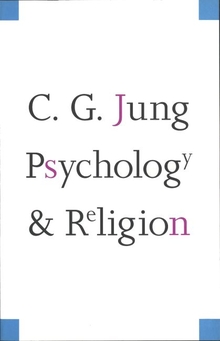Exorcism and Enlightenment
WARNING
You are viewing an older version of the Yalebooks website. Please visit out new website with more updated information and a better user experience: https://www.yalebooks.com
Johann Joseph Gassner and the Demons of Eighteenth-Century Germany
H. C. Erik Midelfort
In the late eighteenth century, Catholic priest Johann Joseph Gassner (1727–1779) discovered that he had extraordinary powers of exorcism. Deciding that demons were responsible for most human ailments, he healed thousands, rich and poor, Protestant and Catholic. In this book H. C. Erik Midelfort delves deeply into records of the time to explore Gassner’s remarkable exorcising campaign, chronicle the official efforts to curb him, and reconstruct the sufferings of the afflicted.
Gassner’s activities triggered a Catholic religious revival as well as a noisy skeptical reaction. In response to those who doubted that he was really casting out demons, Gassner marshaled hundreds of eyewitness reports that seemed to prove his exorcisms really worked. Midelfort describes the enormous public controversy that resulted, and he demonstrates that the Gassner episode yields important insights into the German Enlightenment and Counter-Enlightenment, the limitations of eighteenth-century debate, and the ongoing role of magic and belief in an age of scientific enlightenment.
"This study of demonic possessions and exorcisms in the era of Enlightenment redefines our understanding of the way in which natural philosophy, medicine, and religion began to diverge after centuries of being intertwined. Midelfort raises his sights beyond the details, showing us that the Gassner controversy was a critical moment in the Western quest for an understanding of the self, and for mastery over the evils that bedevil every individual and society."—Carlos Eire, Yale University
"Midelfort ably shows how Gassner's story opens up a number of interesting avenues about how we think about the history of the Enlightenment in Germany. . . . Midelfort, in his highly readable account of a particular debate, shows how the well-chosen micro-study can illustrate broader themes. Both student and teacher can learn much from it."—Andrew C. Thompson, History
"This often riveting book is a micro-historical study of credulity and reason in the German Enlightenment of the late 18th century."—Steven Ozment, Weekly Standard
"This is a marvelous book that opens up a completely different view on so many themes, and on enlightenment and medicine not least."—Simon Schaffer,
“A gem of a book and a wonderful advertisement for the principle that one episode can often tell us a lot more than any general survey can.”—Stuart Clark, author of Thinking with Demons: The Idea of Witchcraft in Early Modern Europe
“… this is a delightful little book that should be of interest to anyone studying (or teaching) the eighteenth century … The Midelfort explicitly compares phenomena of the late eighteenth century to such present-day issues (such as placebo cures, popular religiosity, and political divisiveness) makes the book even more accessible to students." - Benjamin Marshke, Central European History, Vol. 42
Selected as one of the finalists for the American Academy of Religion’s 2006 Awards for Excellence.
Publication Date: July 28, 2005
3 halftone illus. + 2 maps

